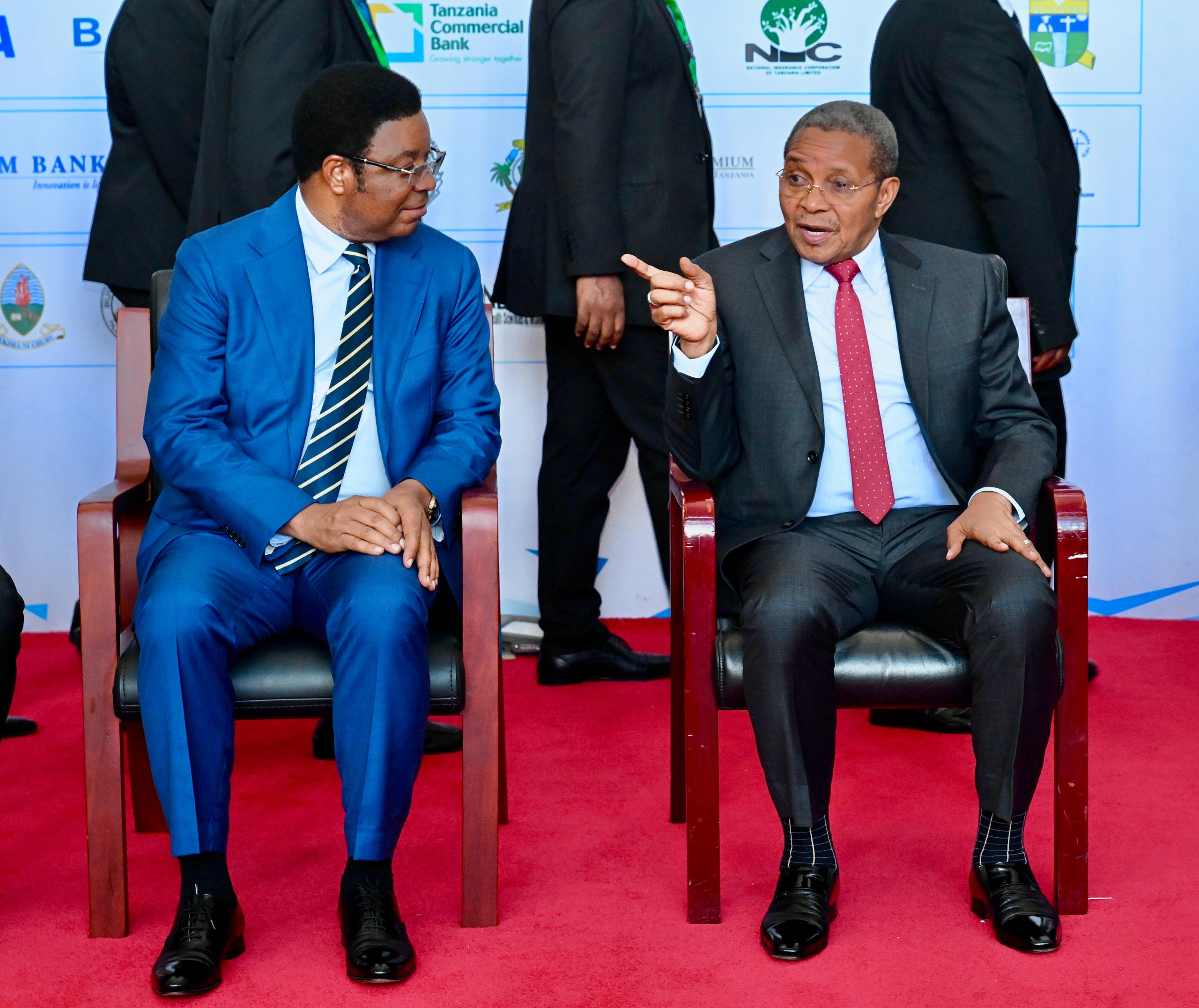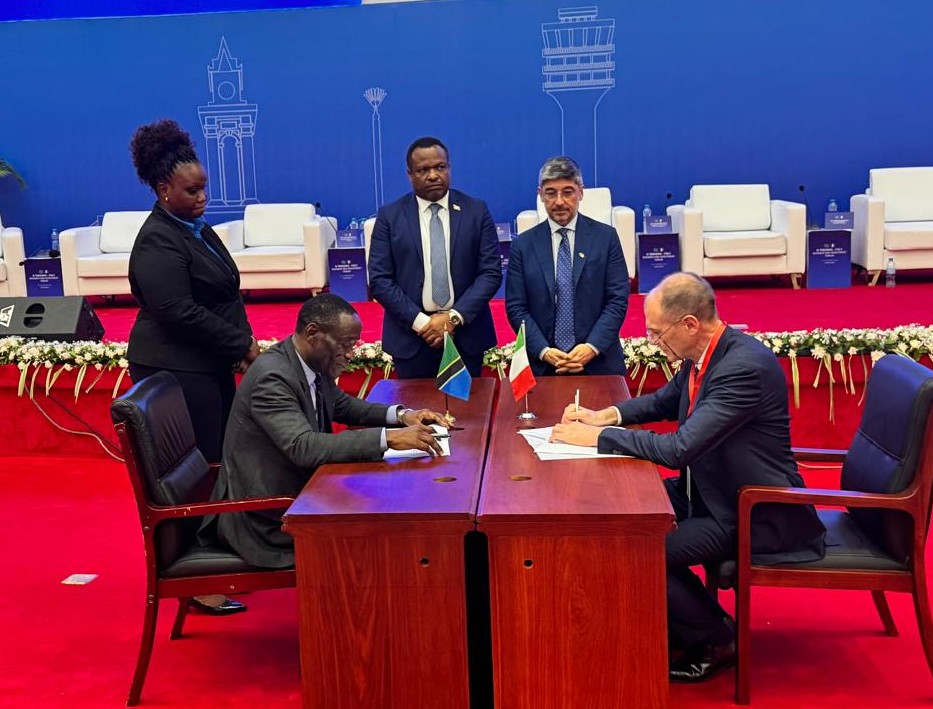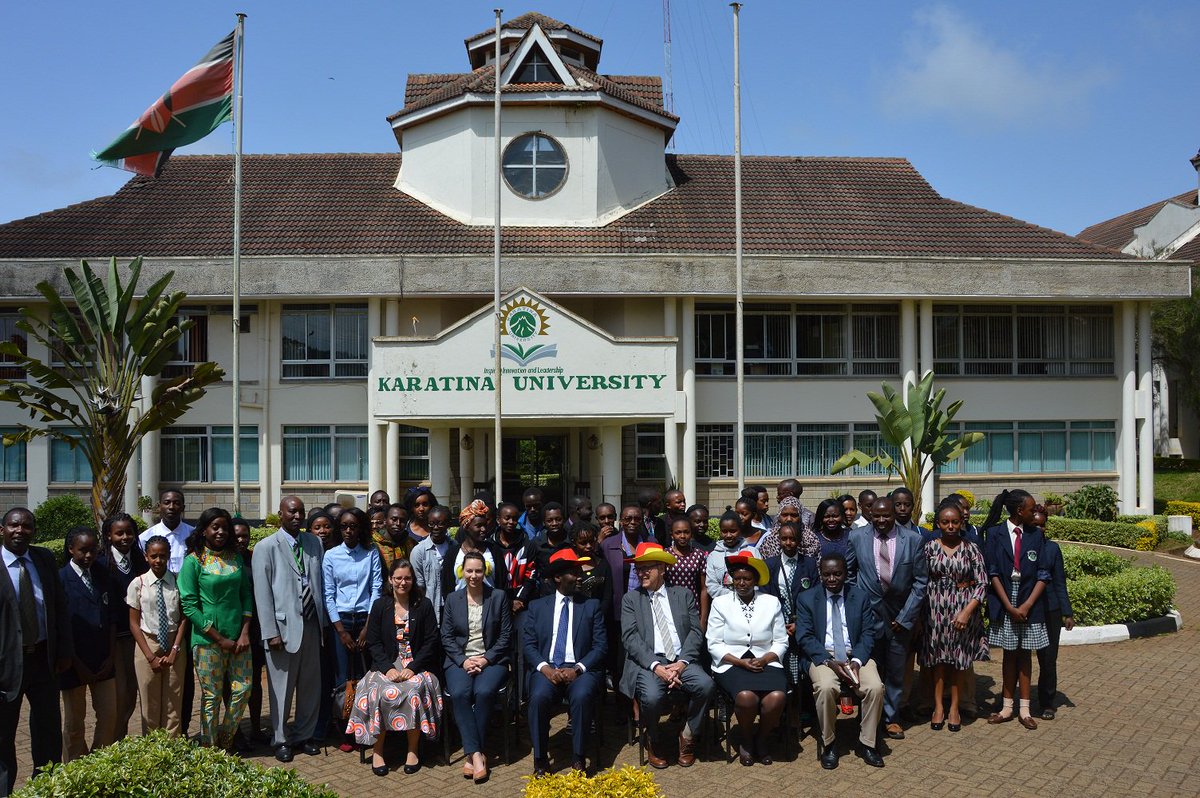
The Tanzanian Ministry of Education has embarked on a groundbreaking initiative to revolutionize higher education through the Higher Education for Economic Transformation (HEET) project.
Funded by the World Bank, this ambitious program aims to enhance the quality, accessibility, and relevance of higher education in Tanzania, aligning it with the country’s socio-economic goals.
Transforming Higher Education for Economic Growth
The HEET project is designed to address critical challenges in Tanzania’s higher education sector, including outdated curricula, limited access to advanced learning facilities, and a mismatch between graduates’ skills and labor market demands.
By focusing on these areas, the project seeks to produce a skilled workforce capable of driving economic transformation and fostering sustainable development.
Key objectives of the HEET project include:
- Modernizing Curricula: Universities and colleges will revamp their academic programs to meet global standards and address the needs of emerging industries.
- Enhancing Infrastructure: The project will invest in state-of-the-art laboratories, libraries, and digital learning platforms to support advanced research and innovation.
- Promoting Inclusivity: Efforts will be made to ensure equitable access to higher education, particularly for marginalized groups, including women and individuals from rural areas.
- Strengthening Partnerships: Collaborations between academic institutions, industries, and international organizations will be fostered to enhance practical training and research opportunities.
World Bank’s Strategic Role
The World Bank’s financial and technical support plays a pivotal role in the HEET project. With a substantial investment, the initiative aims to:
- Bridge the gap between academia and industry by funding research projects that address real-world challenges.
- Provide scholarships and grants to underprivileged students, ensuring that economic barriers do not hinder access to quality education.
- Support faculty development programs to enhance teaching methodologies and research capabilities.
Economic Impact of HEET
The HEET project is expected to yield significant economic benefits for Tanzania by:
- Create a Skilled Workforce: Graduates equipped with modern skills will contribute to various sectors, including technology, healthcare, and agriculture.
- Boosting Innovation: Enhanced research facilities will enable groundbreaking discoveries, fostering entrepreneurship and attracting foreign investments.
- Reducing Unemployment: By aligning educational outcomes with market demands, the project will address youth unemployment and underemployment.
Government Commitment to Education
The Tanzanian government’s dedication to improving education is evident through its collaboration with international partners like the World Bank.
The HEET project aligns with Tanzania’s Vision 2025, which emphasizes the importance of education in achieving a middle-income economy.
Minister of Education, Science, and Technology, Prof. Adolf Mkenda, stated, “The HEET project is a testament to our commitment to transforming education into a tool for economic empowerment. We are grateful for the World Bank’s support in this journey.”
Challenges and Future Prospects
While the HEET project is a significant step forward, challenges such as resource allocation, implementation delays, and resistance to change may arise.
However, the government’s proactive approach and the World Bank’s guidance provide a strong foundation for overcoming these hurdles.
Looking ahead, the HEET project is poised to serve as a model for other nations seeking to leverage education for economic transformation.
By fostering a culture of innovation and inclusivity, Tanzania is paving the way for a brighter future.
Conclusion
The Higher Education for Economic Transformation (HEET) project marks a new era for Tanzania’s education sector. With the World Bank’s support, the initiative promises to create a dynamic and inclusive higher education system that aligns with the nation’s economic aspirations.
As the project unfolds, it will undoubtedly play a crucial role in shaping Tanzania’s socio-economic landscape for generations to come.
Related articles
- Top 10 Provinces in Matric Results 2024/2025: Celebrating Academic Excellence
- South Africa’s Basic Education Department Unveils 2024 Matric Results
- Top 10 Students in KCSE Results 2024/2025: How to Check and Celebrate Excellence
- Top 100 Students in KCSE Results 2024/2025: Celebrating Kenya’s Brightest Minds
- Top 10 Schools in KCSE Results 2024/2025: Leading the Nation in Academic Excellence
- How to Check KCSE Results 2024/2025: A Step-by-Step Guide
- KCSE Results 2024/2025: How to Access, Interpret, and Plan Ahead
- Top 10 Students in Matric Results 2024/2025: Best Performers and Outstanding Achievements


